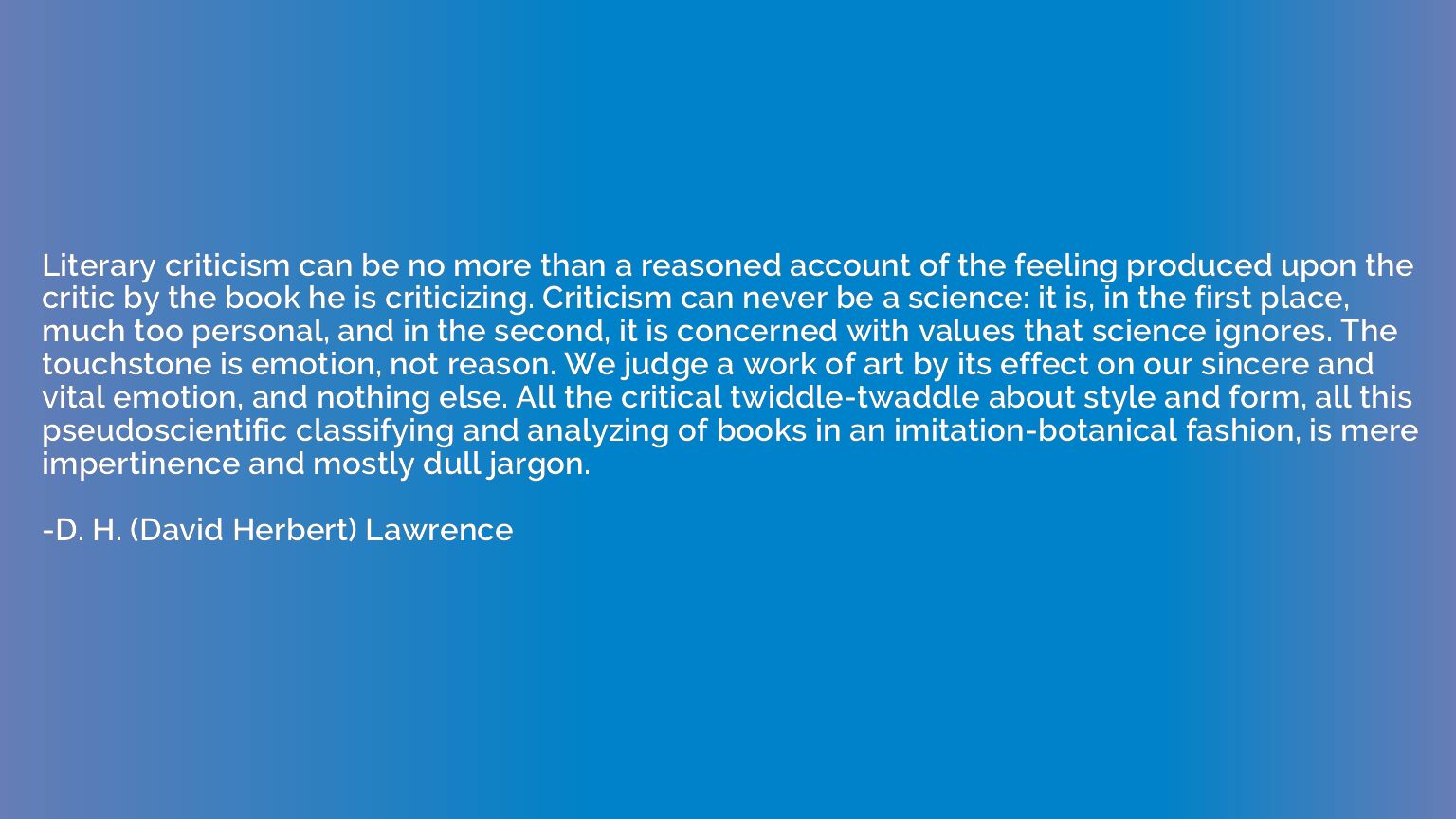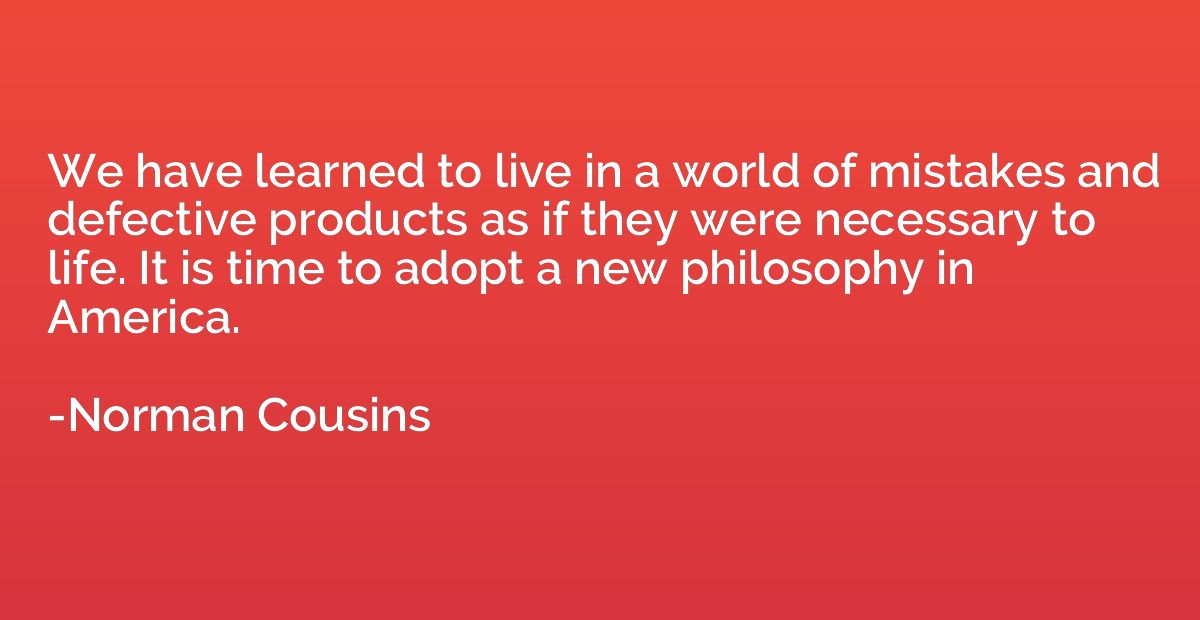Quote by George Fabricius
Death comes to all But great achievements build a monument which shall endure until the sun grows cold.

Summary
This quote suggests that death is inevitable for everyone. However, by achieving great things in life, one can create a lasting legacy that will be remembered even after their death. It emphasizes the importance of making significant contributions, leaving a mark that will stand the test of time and be remembered long after one's physical presence ceases to exist. The quote implies that by striving for greatness and leaving a lasting impact, individuals can transcend their mortality and create a legacy that will endure for generations to come.














